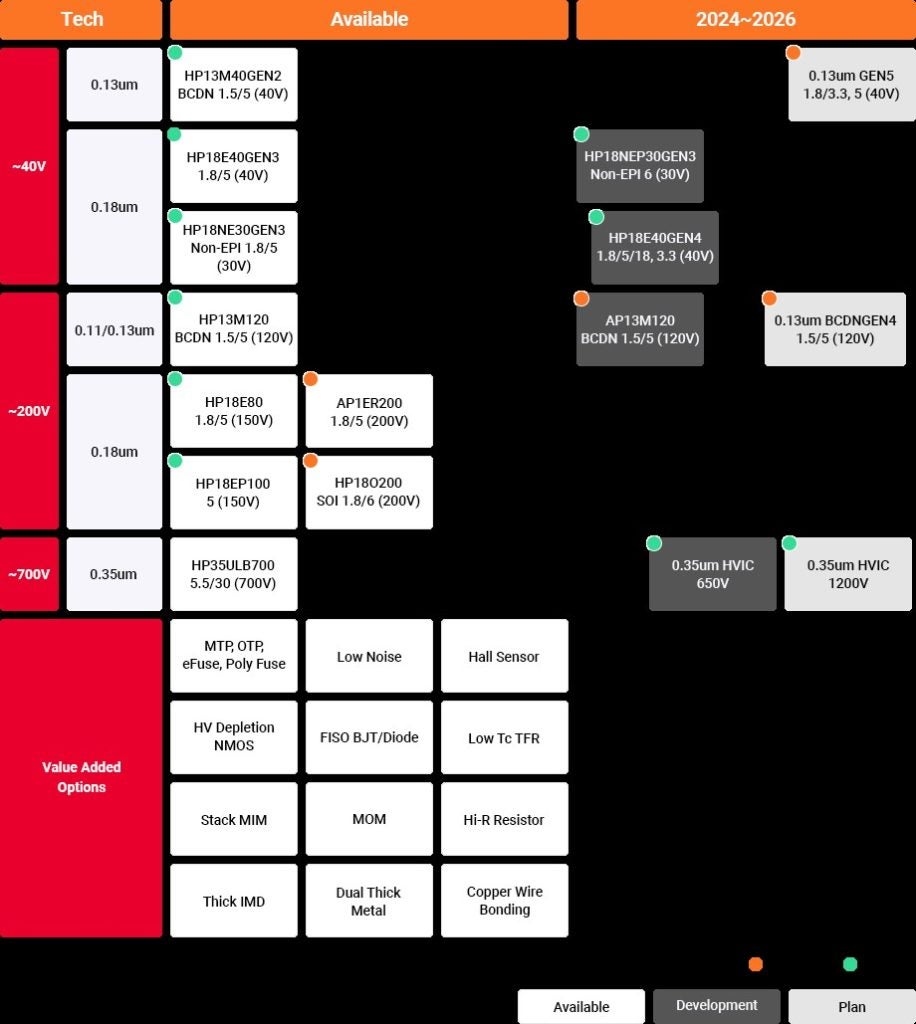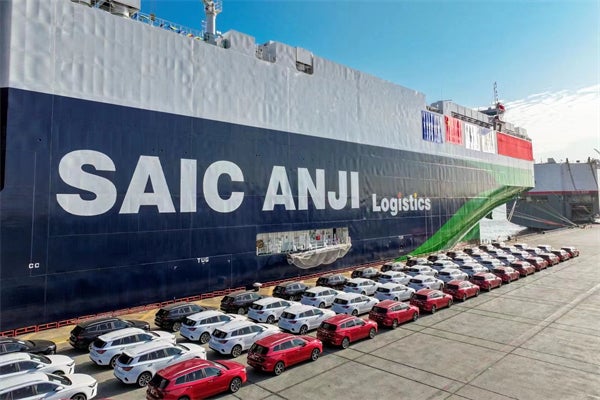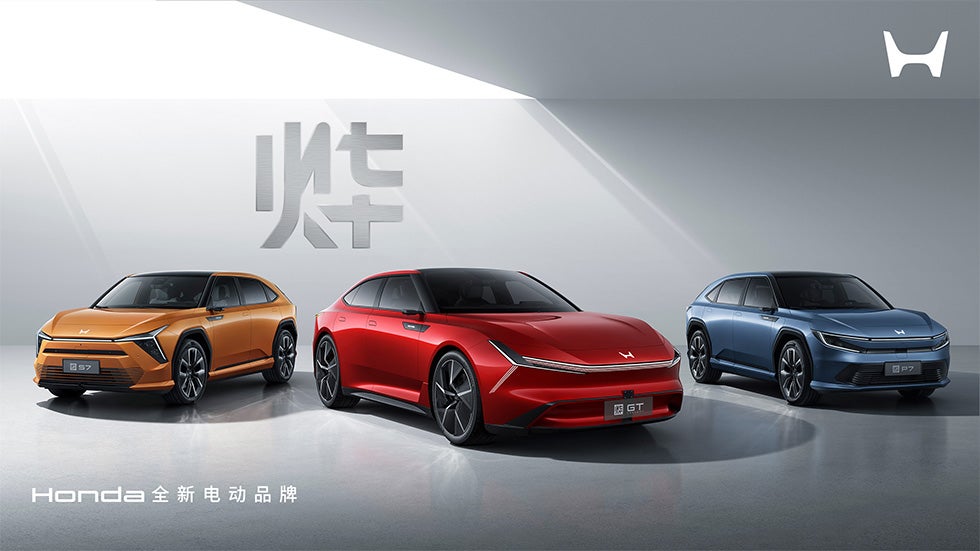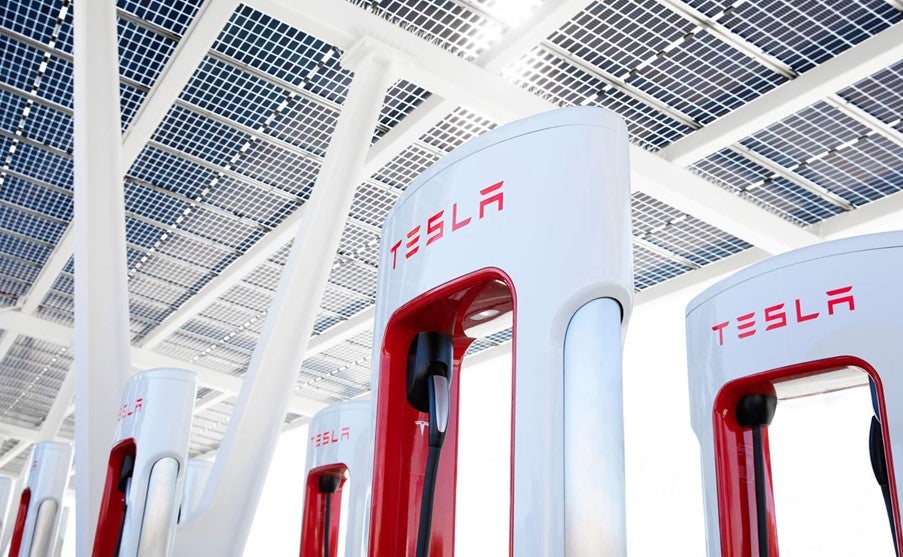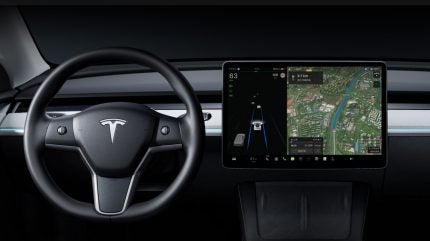
Tesla has signed a deal with Baidu giving the US battery electric vehicle (BEV) manufacturer access to the Chinese internet giant’s mapping and data services, while also clearing a major regulatory hurdle in the world’s largest vehicle market.
The deal followed last week’s visit to China by Tesla’s main shareholder and CEO Elon Musk, during which he met Chinese premier Li Qiang.
The agreement with Baidu paved the way for Tesla to introduce its semi-autonomous driving technology in China.
Elon Musk’s successful trip to China helped lift the company’s flagging share price by a third to US$194, valuing the company at US$615bn, before giving up some of the gains in the last few days.
Tesla wants to step up the roll out of its ‘full self driving’ (FSD) system in major markets, including China, as competition from Chinese automakers including BYD Auto continued to intensify.
Tesla vehicles have now been included in a list of 70 models tested for data security compliance in China by the China Association of Automobile Manufacturers but had yet to be formally given compliance certification.
Connected, smart technology, including driver assist systems, was becoming essential content in BEVs sold in China while demand for fully autonomous vehicles from transport companies such as taxi operators was expected to surge once the technology was proven and accepted.
Foreign automakers in China were required to source their mapping and navigation systems from one of around 20 approved local suppliers. All manufacturers of vehicles with self driving technology were also required to store user data, which is used to improve these systems, in China.
Tesla’s Shanghai plant shipped 948,000 vehicles last year, accounting for more than half the company’s global vehicle output, including 604,000 units for sale locally, accounting for 11% of the country’s domestic BEV market.




